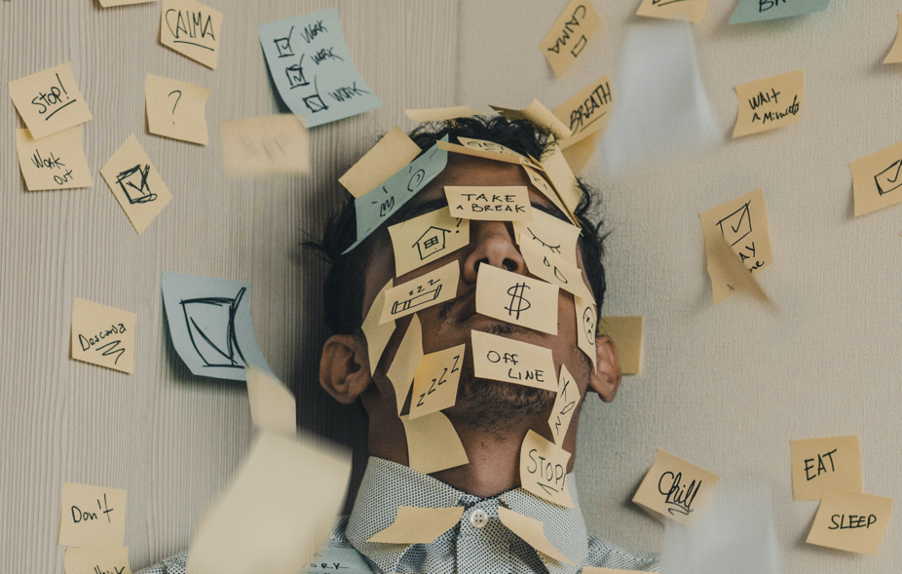7 ways that might help deal with worry

Life can be overwhelming. Ups and downs are real and it’s only you who truly knows how you’re feeling. Here are a few things that I have tried to help me get through some of those downs, as well as ups! Please note that these are just my own thoughts and I am in no way a financial, physical, mental or relational professional. Please seek professional advice before making decisions.
- Seeking help from a professional
If you feel that your worry, concern or anxiety is actually stopping you getting on with your daily life, seeking professional help is a great way to continue to move forward in a positive direction, to learn techniques to cope . There is certainly no shame in asking for help from people that know what to offer. I feel that asking for help is refusing to give up, which is a good thing. Learning new skills to deal with what life throws at us is empowering and allows us to manage the most important thing in your life — you! - Sleep
The #1 and often forgotten…yet it’s free! Getting sufficient sleep and early sleep, is the single best way that I have ever found helps physically, mentally, relationally, emotionally and actually, financially. The sleep before midnight seems to be the best type also, whereas a lack of sleep, from my own experience, can exacerbate anxiety. The required amount can range, however ideally consistently 7–8 each night is helpful. - Daily exercise
A minimum 20 minutes or ideally 30 minutes per day, blocked out in your calendar, will pay dividends. When did you last do exercise and regret it? Siue, it’s difficult to do sometimes, but once you’ve done it, you feel pretty good and when you think about it, it has hopefully given your mind a bit of a rest. From a scientific point of view, exercise and movement, releases endorphins, which can help with anxiety. I’d suggest that you drink plenty of water as you exercise or certainly immediately afterwards. Personally I’ve found dedicated stretching time useful too (i.e. not just stretching after exercise), especially as we age. - Alcohol & Coffee/Caffeine — how much?
If you can’t avoid these two altogether, then maybe consider limiting your intake and see how it makes you feel. - Actively relax
There are various ways to achieve this, but primarily, in my view, with breathing exercises and also meditation. (Maybe try Mindfulness in Minutes podcast). If you can make the time to have a massage, this can also really help. - Connect & build your community
This might begin with one trusted person, however if you can, creating a network of people that lift you up and have your health & wellbeing front of mind, is helpful to feel connected and listened to. We all need others to talk to. Generally, social connection is a good thing for us all, as long as it’s with people who give you confidence and accept you for who you are. As a start, please speak with friends or family, however it might be trusted work colleagues, a community group or even your neighbour. ‘Trust’ is the central word. - Is it reality?
Our minds are powerful and it seems they never switch off. Whenever we think certain things, I find it useful to ask myself whether whatever I’m thinking is helpful to my life and secondly but more powerfully, it is actually real? More often than not, what we worry about will actually never happen. Mark Twain seemed to encapsulate it by saying…”I’ve had a lot of worries in my life, most of which never happened!”. - Best wishes and please note that I am not a medical or health professional. These are my own ‘lived’ suggestions. Always seek professional advice before making decisions that may have an impact on your financial, physical, mental and relational wellbeing.
For assistance with any mental wellbeing questions
• Call or text 1737 any time for support from a trained counsellor
• Depression helpline: Freephone 0800 111 757
• Healthline: 0800 611 116
• Lifeline: 0800 543 35
• Samaritans: 0800 726 666
• Call PlunketLine 24/7 on 0800 933 922